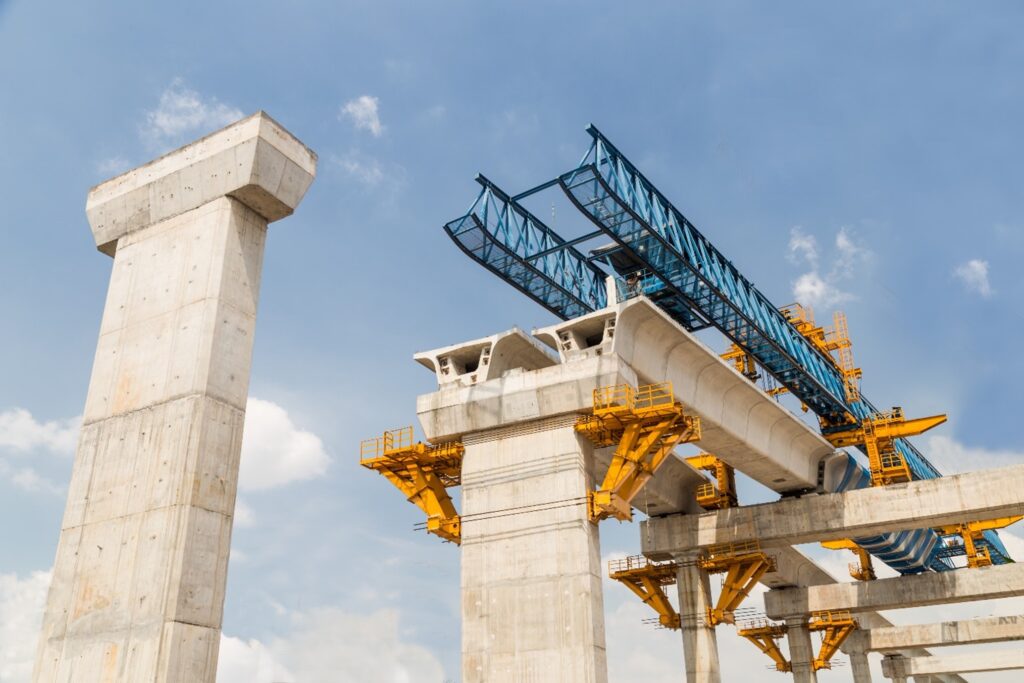The Role of Concrete in Infrastructure

Concrete is one of today’s most ubiquitous building materials, a fundamental component that holds our world together. From towering skyscrapers to the roads we drive on, concrete’s role in modern infrastructure is incomparable. Concrete is strong, stable, versatile, affordable, and efficient, making it a top choice for numerous construction projects.
What is Concrete?
Concrete is a composite material consisting of cement, aggregates like sand and gravel, water, and additives when needed. This mixture is poured as a viscous liquid and hardens over time, thanks to the chemical reactions between cement and water, creating a mass as durable as stone. Concrete is often poured into molds, allowing it to take on various forms and shapes, making it suitable for endless construction applications.
The Benefits of Concrete
What makes concrete such a desirable construction material? It all comes down to these benefits:
- Strength and stability: Concrete’s immense compressive strength makes it ideal for major structural components, including foundations, beams, and floors.
- Affordability: Unlike other building materials like steel and wood, concrete is rarely in short supply. It’s also made of cheap materials that are easy to transport until all the components are mixed onsite. Correctly poured and cured concrete also lasts for decades with minimal repair and maintenance needed. All these factors make concrete a cost-effective solution for large-scale infrastructure.
- Versatility: Concrete can be molded into any shape and size, allowing architects and engineers to bring creative designs to life for complex infrastructures like bridges, tunnels, and dams.
- Thermal efficiency: Concrete’s ability to store heat helps stabilize indoor temperatures, contributing to energy-efficient building construction.
Essential in Infrastructure
Concrete is the backbone of bridges, roads, dams, buildings, and countless other construction types, providing the durability needed to withstand natural forces and the passage of time. The adaptability of concrete enables functional infrastructure and aesthetically pleasing designs that enhance cityscapes and public spaces.
Sustainability Improvements
Concrete has historically raised concerns due to the carbon emissions associated with cement, but advancements in concrete technology have led to more sustainable practices in its production. First, the use of supplementary cementitious materials, such as fly ash or slag, reduces the cement required. Then, the introduction of porous concrete has also helped with stormwater management, reducing runoff and increasing groundwater recharge.
Choose a Professional Concrete Contractor
As cities grow and change, concrete will undoubtedly continue to play a central role in modern infrastructure. If you’re ready to add new concrete or replace existing slabs on your commercial or industrial site, choose Ashton Sawing and Drilling LLC for a job well done.
After over 20 years in business, we have become a leader in the concrete service industry. Our family-owned mentality ensures a personalized experience that meets your needs. We offer turn-key services and quick turnaround times at competitive prices, making us the go-to source for reliable concrete solutions in Texas and Louisiana. Contact us today to speak with a highly experienced contractor about your next concrete project in Dallas, Houston, New Orleans, or Baton Rouge.
